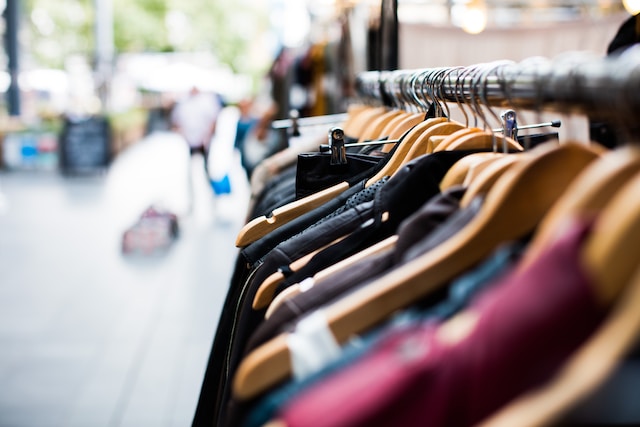Is it Legal to Sell Replica Products in Yemen?
In Yemen, as in many other countries, it is not legal to sell counterfeit or replica products. The sale of such items infringes on the intellectual property rights of the original manufacturers and designers. Brands like Rolex and Gucci have strict global policies against the reproduction of their products without their explicit permission.
What are the Penalties and Enforcement Measures for Selling Counterfeit Goods in Yemen?
The penalties for selling counterfeit goods in Yemen can be quite severe. Violators may face both criminal and civil charges, with penalties ranging from fines to imprisonment. Enforcement measures in Yemen include confiscation of the counterfeit goods, legal action against the seller, and in some cases, the closure of the businesses involved in the sale of counterfeit goods.
What are the Specific Laws Regarding Replica Goods in Yemen?
Yemen’s laws regarding counterfeit and replica goods are governed by several pieces of legislation. This includes laws related to trade, commerce, and intellectual property rights. Specifically, the Trade Marks Law No. 23 of 1997 and the Law on the Protection of Intellectual Property Rights No. 19 of 1994. These laws make it clear that the manufacture, distribution, and sale of counterfeit or replica goods is illegal.
How Prevalent is the Replica Watch Market in Yemen?
The replica watch market in Yemen, particularly for high-end brands like Rolex, is a cause for concern. Despite efforts to clamp down on the sale of counterfeit goods, there are still numerous sellers who continue to operate, often under the radar of the authorities. This has led to a thriving black market for counterfeit watches in the country.
Are there Specific Markets or Places in Yemen Known for Selling Counterfeit Goods?
There are certain areas in Yemen known for the sale of counterfeit goods. Some of the most notorious include the markets in Sana’a and Aden. These markets are often teeming with counterfeit products, ranging from designer clothing and accessories to electronic goods and even medications. Despite the government’s efforts to crack down on these markets, they continue to operate, often in plain sight.
What are the Government Laws in Yemen Regarding Counterfeit and Replica Goods?
Yemen’s government has implemented several laws aimed at tackling the issue of counterfeit and replica goods. This includes the aforementioned Trade Marks Law No. 23 of 1997 and the Law on the Protection of Intellectual Property Rights No. 19 of 1994. These laws provide a framework for the protection of intellectual property rights and the prosecution of those who violate these rights.
What Resources and Links are Available for Understanding Yemen’s Laws on Counterfeit and Replica Goods?
There are several resources available for understanding Yemen’s laws on counterfeit and replica goods. These include the official government website, which provides access to the country’s legal code, and the World Intellectual Property Organization (WIPO), which provides information on intellectual property laws worldwide. Additionally, organizations like the International AntiCounterfeiting Coalition (IACC) provide resources and support for businesses affected by counterfeiting.
While it's clear that all the legal repercussions are on the seller, the buyer should make sure to find a trusted dealer, since there is a lot of scam in the replica industry. If you are in the market for Replica Rolex watches, make sure you choose a trusted and reputable vendor.
